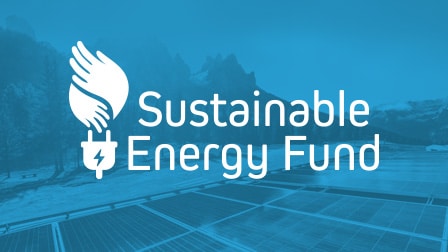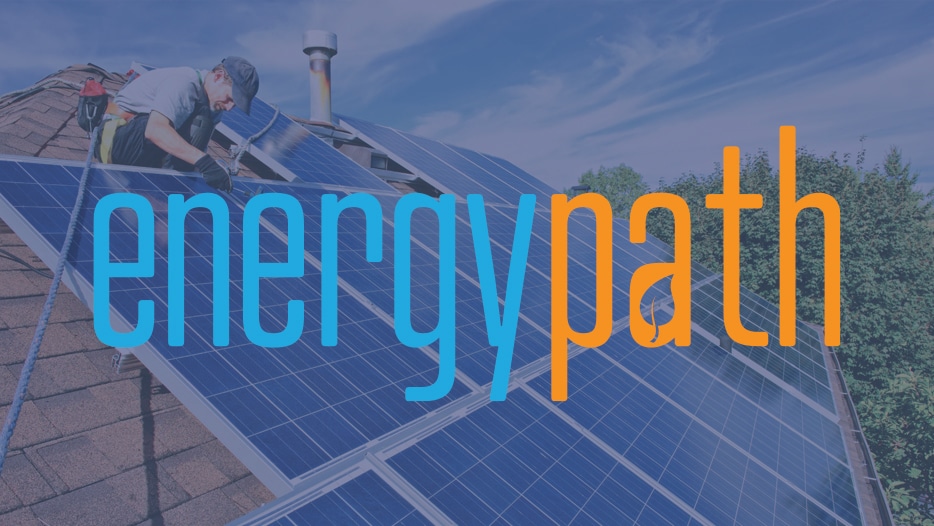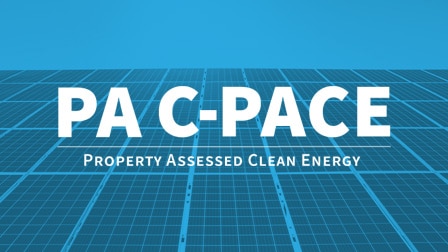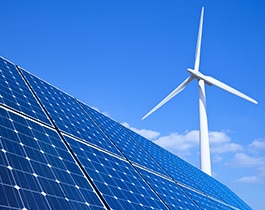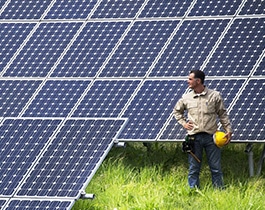SCHNECKSVILLE, PA., June 3, 2025—Sustainable Energy Fund (SEF) has announced the Family Promise of Carbon County...
» Read MoreSustainable Energy Matters
That is why it is so important to educate yourself on the benefits of sustainable energy and how it can work for you. Below, we answer questions that will provide you with basic knowledge on sustainable energy, renewable energy, and energy management to help you jumpstart your passion for a sustainable energy future.
Sustainable Energy 101
Sustainable energy refers to any source of energy with a supply large enough to meet its own rate of consumption, and as a result, satisfy present energy needs without compromising those of future generations. Learn about how Sustainable Energy Fund can help you finance your sustainable energy project.
The most common examples include solar, wind, hydroelectric, geothermal, wave, tidal, and biomass. All are derived from sustainable sources of energy including sun (solar), wind, water (hydroelectric, wave, and tidal), heat from the earth (geothermal), and biological material (biomass).
Not necessarily. Renewable and sustainable energy are similar, but not everything renewable is sustainable and vice versa. Renewable energy sources naturally replenish with time and have minimal impact on the environment, but some sources are not sustainable due to their intermittent nature. Sustainable is a broader term and refers to energy possessing a large enough supply to meet its own rate of consumption. A renewable energy source cannot be sustainable if consumed faster than it can replenish itself.
Renewable energy sources are replenished naturally by the environment over short periods of time such as solar, wind, water, or geothermal power. Nonrenewable sources exist in finite quantities and will eventually run out with respect to the human timetable. These include coal, oil, and natural gas.
Alternative energy typically refers to sources other than the most commonly used sources like coal, petroleum, and natural gas. The term alternative energy is sometimes used interchangeably with renewable energy and its sources include solar, wind, hydroelectric, geothermal, and biomass.
In theory, solar energy is the most sustainable. The power, supply, and overall consistency of the sun vastly outweigh that of any other energy source. Truthfully, the most sustainable configuration will likely utilize multiple sources of energy including solar, wind, and hydroelectric power.
Renewable Energy 101
Renewable energy is primarily used for generating electricity for lighting, heating, and cooling. It is also being used for powering automobiles, fleet vehicles and mass transit vehicles.
Coal, petroleum, natural gas, and nuclear power are the main sources of nonrenewable energy.
Arguments can be made for several of the cleanest sources of renewable energy including wind, hydro, and geothermal power. However, based on available data, the cleanest source of energy appears to be wind power. Compared to other energy sources, wind energy production generates the lowest amount of greenhouse gases over its life cycle, represents the least potential harm to wildlife, and possesses the highest energy payback ratio (total energy produced during lifespan divided by energy required to build, maintain and fuel it).
Pros: Renewable energy source Produces fewer greenhouse gases than fossil fuel sources Reliable, with few fluctuations in power generation Costs are more stable than those of fossil fuels
Cons: Environmental consequences from disruption of the natural water flow High upfront costs to build power plants Flood risk for communities in lower elevations below dam Water supply is susceptible to drought
